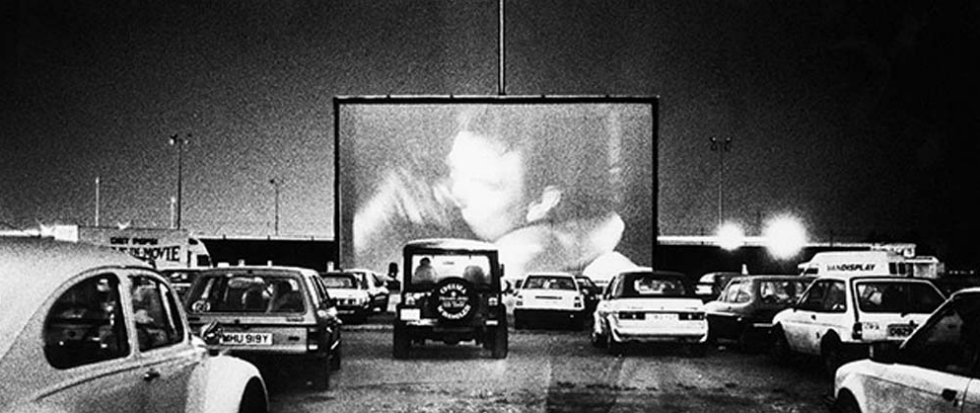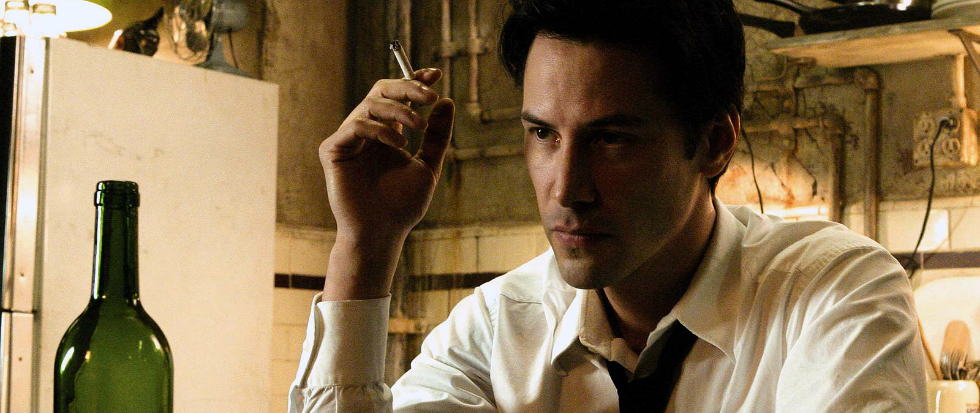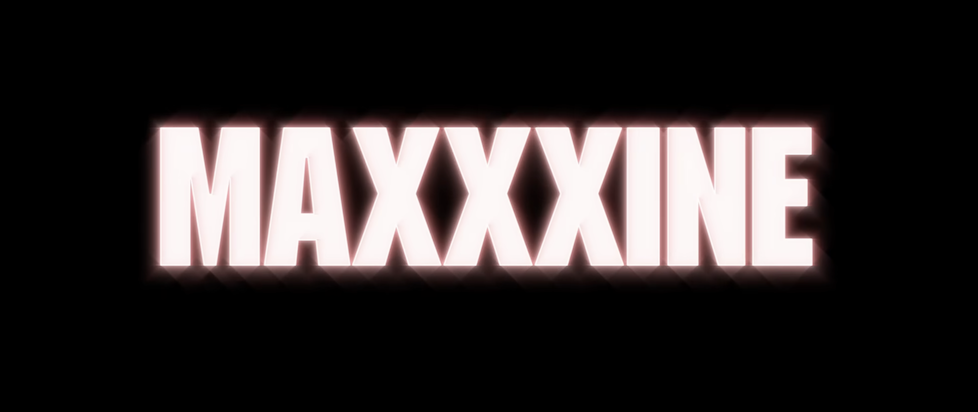
Maybe They Should Save Themselves: Maxxxine (2024) as Middle Finger
“She turns to the camera and, through her trauma, addresses the lens directly.”
There’s a (probably apocryphal) story about the ending of the 1999 novel Hannibal.
For those who have only seen the movie and not read the novel, the book ends differently than the film version, with FBI agent Clarice Starling and Hannibal Lecter running off together, Starling either brainwashed or actually on board with Hannibal’s cannibalistic lifestyle.
The story goes that Harris did this because he was upset about the fandom that had grown around Lecter following the success of Silence of the Lambs. He didn’t want to keep writing Hannibal Lecter stories forever, so he effectively ruined the characters for his audience – think of it as similar to what Arthur Conan Doyle tried to do when he killed off Sherlock Holmes in “The Final Problem” because he was tired of writing about his massively popular fictional detective.
“I must save my mind for better things,” Doyle wrote, “even if it means I must bury my pocketbook with him.” Doyle’s problem was that he merely killed off his character, an act which fan pressure forced him to reverse within a decade. Harris – if the story is true; the author has famously been fairly tight-lipped on the subject – tried an approach seemingly more calculated to work: Insulting the fans and “ruining” their beloved characters, so that they would turn on him and not ask him to produce more work in the same vein.
There is absolutely no reason to believe that Ti West or Mia Goth are similarly annoyed with their fans or exhausted by the characters they created two years ago in X. While the series which began there and continued in Pearl and thence to this year’s Maxxxine is popular enough, it’s not as if it has reached anything like the same level of cultural saturation that Sherlock Holmes or Hannibal Lecter enjoyed. What’s more, with the movies all released in such close proximity, there’s no real way that anyone would have known how the franchise would be taken before it was done filming.
Nevertheless, if you told me that Maxxxine was a Hannibal-esque attempt at flipping off anyone who bothered to watch this far, it would certainly make the proceedings make a lot more sense.
Maxxxine is set in 1985, six years after the events of X, and follows Maxine Minx, the survivor of that film, as she gets her big break in Hollywood. Did I mention that it is set in 1985? Because the movie is going to. Frequently. At one point, it tells you three times within literally two seconds.
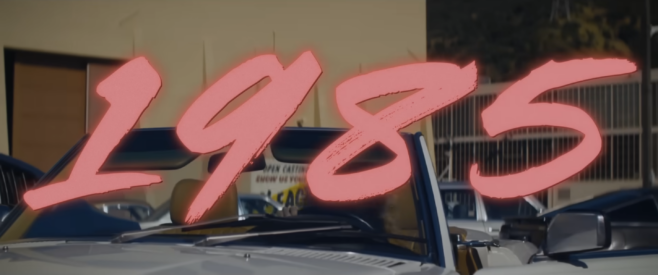
It is a film designed for people who are only half watching while scrolling on their phones. Anything important will get spoon-fed to you multiple times, and characters pretty much only speak in theme-dispensing monologues.
Maxine is filming the sequel to an “ultraviolent Satanic possession” movie with an apparently very exacting and well-respected director, which is definitely who was making sequels to horror movies in 1985. The serial killer known as the Night Stalker is preying on women in LA. The Satanic Panic is in full swing, with protestors standing outside the studio lot every day holding signs bearing slogans that neatly foreshadow the movie’s plot and themes.
Where all of this is headed is intensely obvious from the film’s first scene – again, this is not a movie that has a very high regard for your intelligence and/or doesn’t think you’re paying very much attention – but nonetheless it inexplicably keeps the largely pointless reveal in its back pocket until an embarrassingly amateurish final act that literally everyone involved is better than. It is here, more than any place else, that the temptation to assume that this whole thing has been a three-movie-long joke to get to a punchline that is essentially a pie in the face of the viewer is most blatant.
I don’t think it actually is, though. I think that Maxxxine really believes that it has something to say in all those theme-heavy monologues. That it’s an anthem, a way for horror fans to have their splatter with a side of nutrition (or vice versa). I don’t know if that makes the whole thing worse or better.
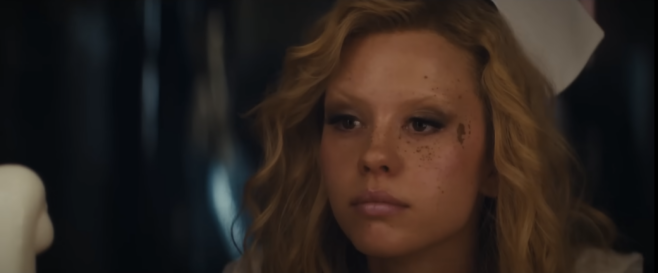
Once in a while, Maxxxine’s metaphors even rise slightly above the realm of nonexistent, mostly in its attempts at a sort of badass girlboss feminism. This is rarely subtle – as when Maxine is crushing the balls of a would-be rapist – but it occasionally works, with maybe its strongest moment being the look on Michelle Monaghan’s face when a crime scene tech laments that the bodies they are fishing out of the duck pond belong to “pretty girls. I hate to see it.”
For the most part, though, Maxxxine is disinterested in the inner life of even its title character – what should probably be one of the most emotional scenes in the film quite literally becomes a Coke commercial midway through. The only place it allows itself any real sentiment is where movies are concerned.
There are certainly parallels to be drawn between pornography and horror, with one of the most obvious being that both are very popular and very profitable but historically often demonized and not particularly well-respected. If anything is at the heart of Maxxxine, this connection is.
Maxxxine wants to be about a lot of things, without really having anything to say about most of them, but when one of your theses – as put in the mouth of your director character – is that maybe horror films aren’t such crap after all, you’ve probably lost before you even begin, since you’re taking the assumed position of your ostensible villains as de facto true and in need of a new-made counterexample. But if you are going to go with that, you should probably also try to make a horror movie that doesn’t suck.
———
Orrin Grey is a writer, editor, game designer, and amateur film scholar who loves to write about monsters, movies, and monster movies. He’s the author of several spooky books, including How to See Ghosts & Other Figments. You can find him online at orringrey.com.


